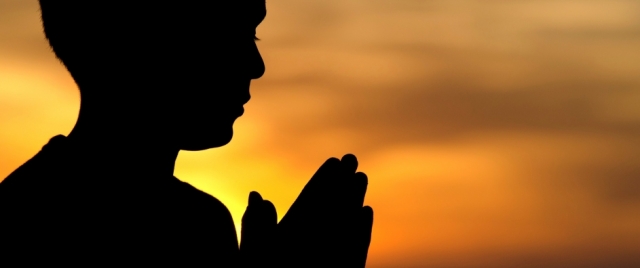New Draft on “Protecting” Religious Feelings Sparks Controversy in Georgia
A member of the parliamentary opposition party, the Alliance of Patriots of Georgia (APG), Emzar Kvitsiani, has initiated a draft law which makes insults of religious feelings punishable by law.
The draft has already been submitted to Parliament and Sopio Kiladze, the Chair of the Human Rights and Civil Integration Committee of Parliament, which has to make the first decision about the draft approval, stated she supports the initiative.
The ruling party Georgian Dream (GD) is also said to support the draft, including the Parliament Speaker, Irakli Kobakhidze, who expressed readiness to take part in discussions over the issue.
Kvitsiani’s initiative was disapproved by all religious minorities but lauded by the Georgian Orthodox Church, which represents the official and major religion in the country.
The Patriarchate has been claiming for a long time that “there has been an ongoing deliberate attack on the Church and its saints,” giving the example of Giorgi Gabunia, a journalist of opposition-minded Rustavi 2 TV, who voiced a joke about Christ last month. Gabunia’s statement about Jesus Christ angered the far-right, nationalist group named ‘Georgian March,’ which attacked Rustavi 2 journalists, for which six of its members face imprisonment of up to eight years.
Several days ago, the students of the Theological Seminary, run by the Patriarchate of the Georgian Orthodox Church, organized a protest rally against AIISA, a company which produces condoms wrapped in packets with prints of the Georgian Queen and Saint – Tamar, and other Georgian symbols.
The protesters gathered at the old building of parliament on Rustaveli Avenue on April 20, saying the AIISA was insulting religion and naming their actions “blasphemy.”
Protopresbyter of the Georgian Orthodox Church, Giorgi Zviadadze, says he does not support the imprisonment of people for offending the religious feelings of others but he agrees that certain regulations should be imposed to make everyone respect other people’s beliefs.
“We should not insult someone else's religious feelings. To solve the problem, there discussions should be held with the participation of specialists and civil representatives. We all should agree on certain rules in order to regulate this field,” Zviadadze stated.
However, Tamaz Lomidze, a Georgian priest who serves in Munich, Germany, has openly come out against the draft law, saying the adoption of such a law will be a step backwards for Georgian society.
“If people cannot have healthy discussions about religion, and need special regulations, this indicates that it is not a developed nation,” the priest’s Facebook post reads.
Metropolitan of the Evangelical-Baptist Church Malkhaz Songhulashvili, believes that if Parliament supports the draft, it will be one of the most “shameful” events in Georgia’s history.
“This is medieval obscurantism, particularly from the religious perspectives of monotheistic religions such as Christianity, Islam, and Judaism… This draft contradicts the principle of freedom of speech,” he stressed.
Furthermore, Tariel Nakaidze, chair of the Georgian Muslim Union, said that the draft law, according to which offending religion will be punishable, is unacceptable to the Muslim community.
“The adoption of this bill is only in the interests of the Patriarchate and Orthodox Church,” he added.
Numerous Non-Governmental Organizations (NGOs) based in Georgia also noted their being against the draft, saying it contradicts freedom of expression and “attempts to suppress critical thinking in society.”
The NGOs call on the Parliament of Georgia and, first of all, the Human Rights Committee to pay attention to both constitutional and international standards as well as the needs of the country and not to support this initiative.
By Thea Morrison












